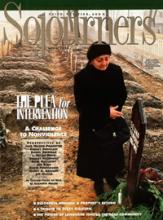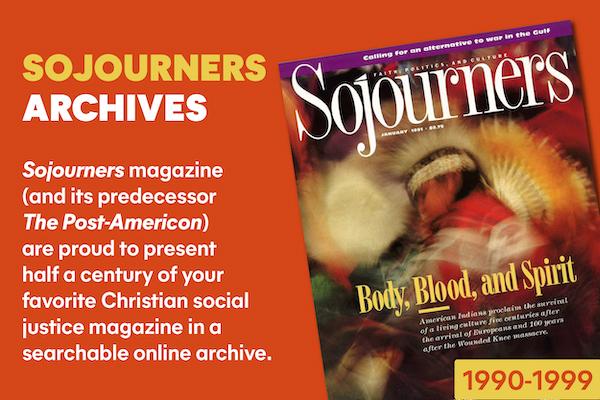Ever since Johnny Carson rode off into the sunset last spring, the late-night television scene has looked something like a report from post-Cold War Eastern Europe. All is chaos and bloodshed, at least metaphorically speaking.
For 30 years Carson dominated the late-night field as thoroughly as the two Cold War blocs dominated geopolitics. Anything attempted after 11 p.m. Eastern time had to take Johnny into account. Other late-night shows either sought to follow on his coattails -- remember Tom Snyder? -- or posited an alternative of some entirely different sort -- Ted Koppel's Nightline.
Down through the decades, a foolhardy few sought to directly challenge Carson's mastery of his own medium. TV history is littered with their sport-coated corpses -- from Bishop to Cavett to Sajak. Then there was that nasty business when Joan Rivers, for years Johnny's vacation stand-in, jumped ship and started her own show. Defectors were not tolerated in the Carson era, and neither were uppity women apparently, as the many wives of Carson might attest.
Only Arsenio Hall found success with the talk show format during the Carson years. He did this in part by opening up the talk show demographics to include the hip hop generation, the metalheads, and the whole spectrum of non-white America.
But Arsenio, at heart, was never a video crusader. He was, as he often says, a black kid from Cleveland who wanted to be Johnny Carson. Hall's deference to the talk show king was transparent. And besides, Arsenio's show was a syndicated, non-network affair -- the TV equivalent of a Third World country. He presented no real commercial threat to Carson.
Read the Full Article

